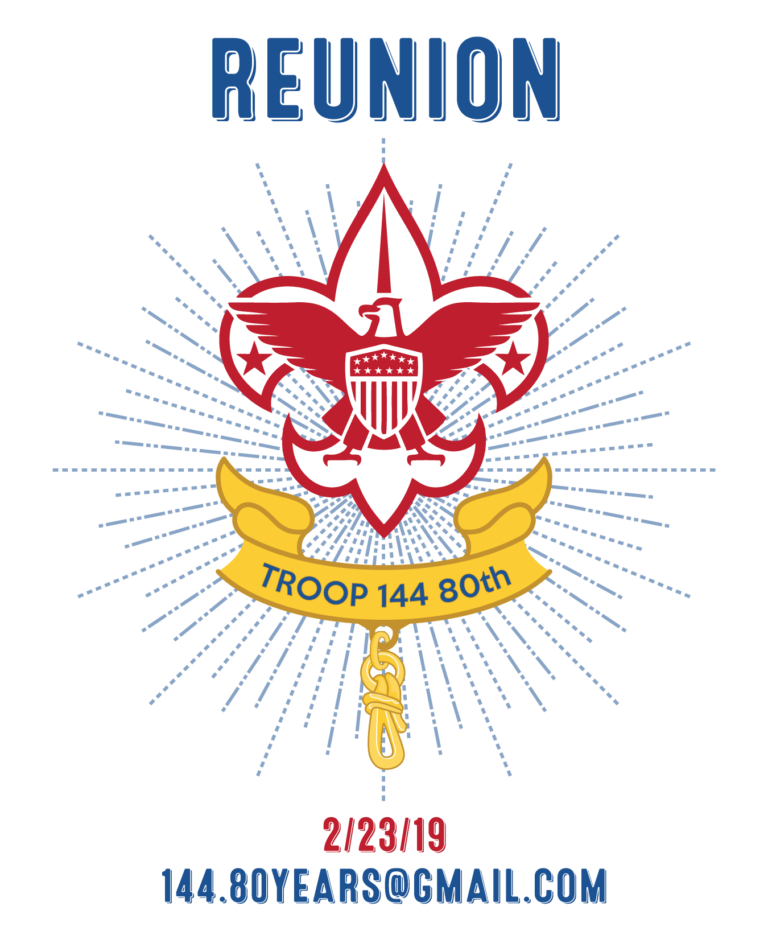Personal Gear
This list is intended to be used and revised by you as you gain experience camping. Things bolded are strongly encouraged/required
- Backpack or duffle bag to transport personal gear
- Medications (discuss with Scoutmaster)
- Sleeping bag (appropriate for the season and weather forecast)
- Sleeping pad
- Water bottle
- Mess kit (plate, bowl, cup, knife, fork and spoon)
- Headlamp/Flashlight with fresh batteries
- Pocketknife (if you have your Totin’ Chip)
- Waterproof boots (sneakers appropriate only for late spring, summer and early fall camping)
- Scout Handbook, notebook and writing implement
- Clothing and extra changes of clothing appropriate for the season, weather forecast, and length of the camping trip (especially extra socks, hat and gloves, and multiple layers for cold/wet weather)
- Jacket appropriate for weather at 5 AM.
- An extra polar fleece can’t hurt
- Hat and gloves.
- Extra (non-cotton) socks.
- Poncho or rain gear (even a heavy duty garbage bag that can double as a poncho)
- Pillow (optional)
- Plastic bag (e.g., kitchen trash bag) for wet/dirty clothes
- Camp chair (optional)
- Class A uniform
- Toothpaste and toothbrush
- Fireproof matches (if you have Firem’n Chit)
- compass
-
Sunscreen and sun glasses (optional but important if snowy conditions expected)
- Soap, shampoo, comb, wash cloth, towel and shower shoes (if trip is longer than the weekend)
- Bathing suit and towel if swimming is part of the program
- Bug repellent (not needed for late fall, winter, and early spring camping)
- Tent, tent poles, stakes and tarps (typically provided by the Patrol/Troop)
- Food and cooking equipment/supplies (typically provided by the Patrol/Troop)
Remember that this list may not be complete for all activities like backpacking, sailing, fishing, rock climbing, etc.

